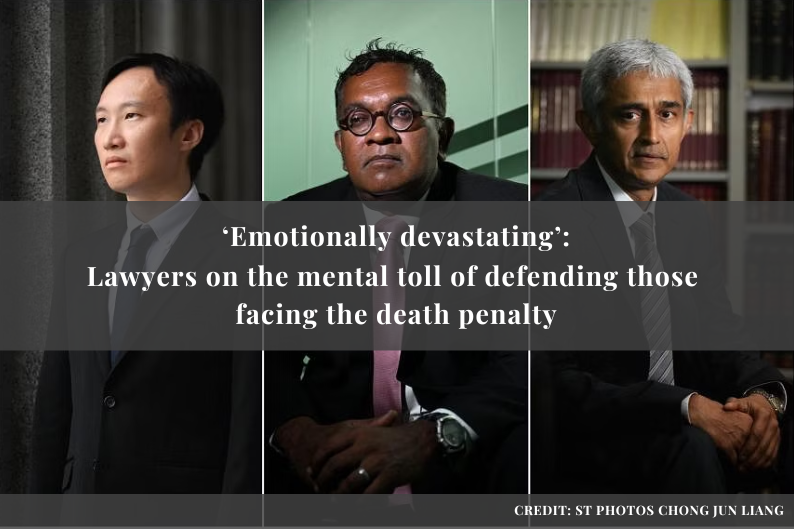Stiffer penalties for students who commit sexual offences
NUS Does Not Tolerate Students Committing Sexual Offences
1. Introduction
The stiffer penalties are meted by National University of Singapore (“NUS”) shortly after an undergraduate, Ms Monica Baey took to social media to express her grievances over the disciplinary action taken by NUS against another student, Mr Nicholas Lim.
Ms Baey was filmed in her hostel’s shower by Mr Lim. Mr Lim was consequently suspended for one semester and banned from going to Ms Baey hostel, among other things. He was also handed a conditional warning by the Police.
2. NUS RC Recommendations
On 30 April 2019, the Chairman of the NUS Board of Trustees convened NUS Review Committee (”RC”). The NUS RC was set up following a sexual misconduct incident that sparked a public debate over NUS’ disciplinary policies.
The objective of NUS RC is to conduct a comprehensive review of NUS’ disciplinary framework on sexual misconduct, support system for victims, and approach to safety on campus.
The NUS RC submitted their recommendations to the NUS Board of Trustees which set a new benchmark for disciplinary sanctions for sexual misconduct. The higher benchmark serves a strong deterrent that NUS does not tolerate sexual misconduct.
The 10 Recommendations are as follows:
Recommendation 1: Tougher penalties for sexual misconduct
– A minimum one-year suspension for serious offences be instituted;
– Immediate expulsion for severe instances or aggravated forms of sexual misconduct
– Notation of disciplinary action on transcript
– Offenders must be certified fit to return
– A no-contact protocol to ensure that the victim and offender do not come into contact with each other
Recommendation 2: Giving victims a voice in the disciplinary process
– Victims will be kept up-to-date on the disciplinary proceedings
– Having an avenue for victims to request for a review of case outcomes
Recommendation 3: Provide greater empathy and support to victims
– A care officer be appointed to each victim at the point an incident is reported
Recommendation 4: Set a clear timeline for disciplinary process and streamline number of entities involved
– There should be an indicative timeline outlining when each stage of the process should be completed
Recommendation 5: Enhancing the victim support framework and network
– Care officers are to possess relevant experience in counselling, social work, psychology or a related field;
– A dedicated website be set up to provide information and advice for victims of sexual misconduct
Recommendation 6: Rehabilitation of offenders
– Ensure that the offenders serve out their sanctions, undergo rehabilitation, and are certified fit to return by counsellors and/or medical professionals – before they are allowed back on campus after suspension
Recommendation 7: Education on respect and consent
– A new module on “Respect and Concern Culture” to be launched and made compulsory for all NUS students and staff
Recommendation 8: Adequacy of campus security and infrastructure
– NUS will significantly increase the number of security guards present at hostels and introduce roving security patrols across campus;
– Secure shower cubicles and restroom locks are also being installed in the hostels
Recommendation 9: Review of past disciplinary cases
– NUS RC has consulted with external legal advisors and determined that the past cases cannot be reopened
Recommendation 10: Commitment to ongoing review
– Sanctions and victim support framework be reviewed every two years
– Continues to engage its stakeholders on this very important matter
3. Eugene comments on The Straits Times
Earlier, one of the senior lawyers commenting on a peeping tom case in Singapore, Eugene Thuraisingam told the Straits Times that there are four principles at play when determining an appropriate sentence for an offender
Commenting on the recommendations from a review committee which were accepted by the National University of Singapore on Monday, Eugene Thuraisingam said that the new penalties will be a strong deterrent to potential sexual perpetrators.







